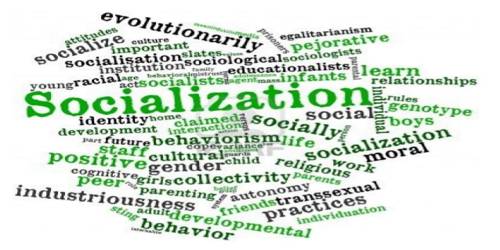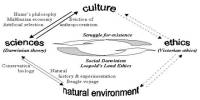Socialization is a process by which culture is transmitted to the younger generation and men learn the rules and practices of social groups to which they belong. The process of socialization starts from the very birth of the child. But that he lacks that essential element of the social life. As he grows, he molds himself according to the needs of the society. The term socialization refers to the process of interaction through which the growing individual learns the habits, attitudes, values, and beliefs of the social group into which he has been born. Every society builds an institutional framework within which socialization of the child takes place. In a society, there exists a number of agencies to socialize the child.
Political or Nationalism:
Every society tries to influence how young people grow up. Much of this influence is expressed through parents, schools, and peers, but it is worth considering for a moment how children become exposed to the political and economic ideas that are considered important for citizens of a particular country.
People first learn to use the tangible objects of material culture in these settings, as well as being introduced to the beliefs and values of society. Children learn political information and attitudes rapidly during the elementary school years. One of the first things they learn is that they belong to some kind of a political unit. Even very young children develop a sense of “we” in relation to their own country and learn to see other countries in terms of”they.” Children also tend to believe that their own country and language are superior to others. This bond may be the most critical socialization feature relating to the political life of the nation. The family helps provide this basic loyalty to country, but the school also shapes the political concepts that expand and develop children’s early feelings of attachment. Political orientations develop early and reach nearly adult levels by the end of elementary school, but there are still some critical changes that occur at other points during the life cycle. High school students become more aware of differences between political parties and tend to become more active politically.
Information Source:
















